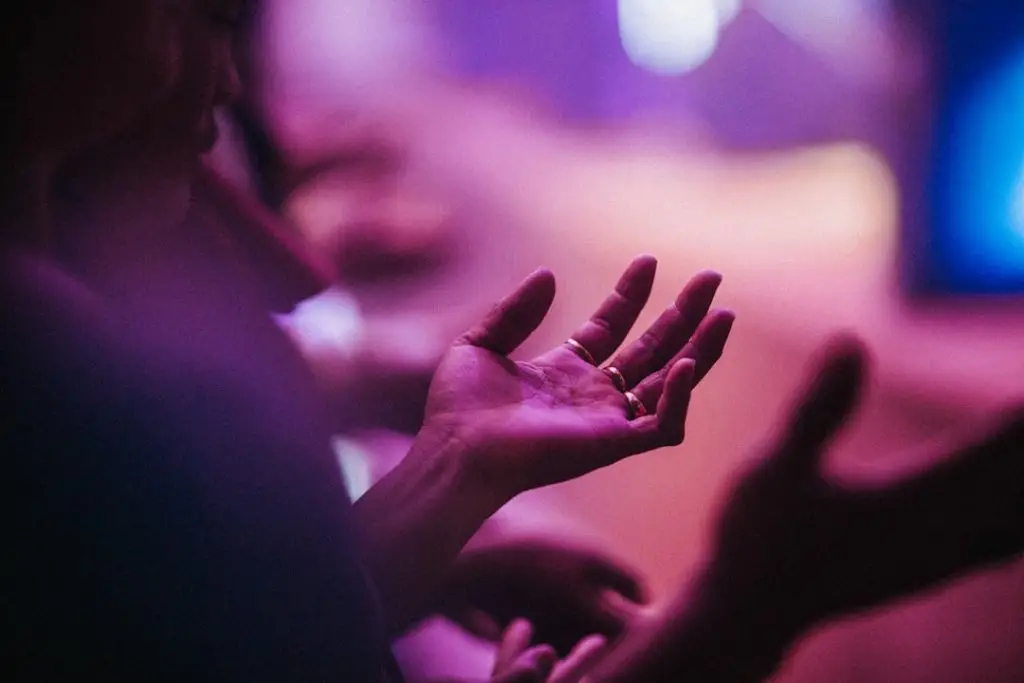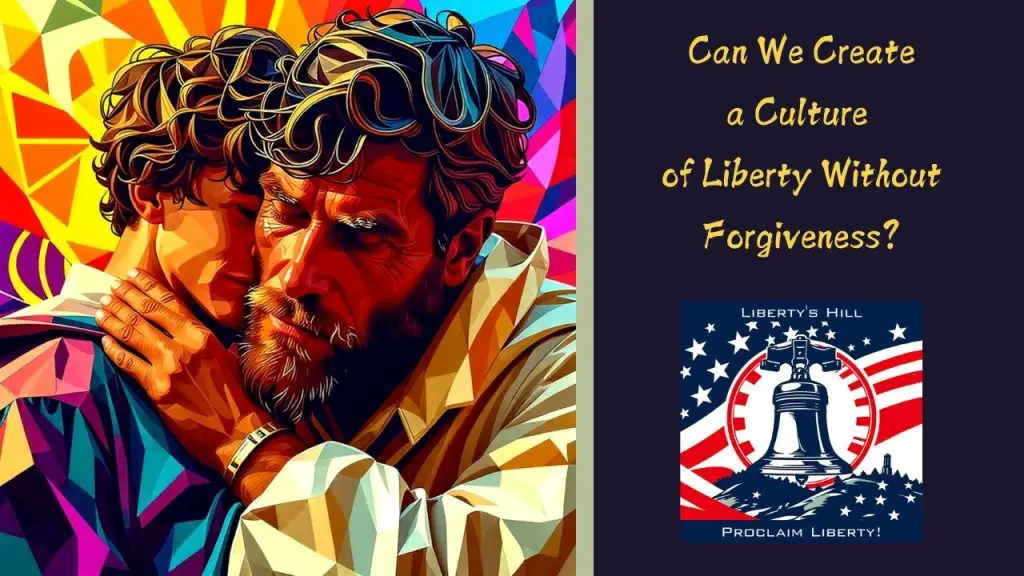The Essential Role of Forgiveness in Cultivating a Culture of Liberty
Creating a culture of liberty is a profound challenge that requires us to confront some difficult truths. At the heart of this endeavor lies the concept of forgiveness, an often-misunderstood yet crucial element in fostering a society marked by justice, dignity, and prosperity. In this exploration, we will delve into the transformative power of forgiveness, its implications for personal and societal healing, and the essential role it plays in paving the way toward a more liberated world.
The Foundation of Forgiveness
Forgiveness is not simply a moral nicety; it’s a foundational principle that can prevent societal decay. The biblical passage from Matthew 6:14-15 states, “For if you forgive men their trespasses, your heavenly Father will also forgive you; but if you do not forgive men their trespasses, neither will your heavenly Father forgive your trespasses.” This scripture underscores the reciprocal nature of forgiveness, suggesting that our capacity to forgive others directly influences our own experience of grace and redemption.
Many Christians struggle with this passage, often interpreting it as a conditional statement about God’s willingness to forgive. However, this perspective can lead to a distorted understanding of God’s grace. Instead, it’s essential to recognize that unforgiveness can harden our hearts and obstruct the transformative grace of God, which aims to heal and restore our lives.

Photo by Lampos Aritonang on Unsplash
The Dangers of Unforgiveness
The consequences of unforgiveness extend far beyond individual relationships. They can seep into the fabric of society, fostering an environment rife with resentment, anger, and ultimately, tyranny. When we harbor unforgiveness, we not only damage our souls but also risk perpetuating a cycle of harm that can infect others. This is especially pertinent in America today, where divisions often stem from unresolved grievances and a lack of reconciliation.
Consider the fictional scenario of a man on death row who contemplates his legacy. He may seek forgiveness not for his own sake but to prevent his actions from perpetuating further evil. This idea reflects a deeper truth: every act of violence or hatred can spawn a lineage of pain, affecting not only the direct victims but also the perpetrators and their communities.

Photo by Clem Onojeghuo on Unsplash
Real-Life Examples of Transformation
A powerful real-life example of the transformative nature of forgiveness is the story of Steven Moren and Margie Palm. In December 1981, Moren, a serial killer, abducted Palm. During their encounter, Palm witnessed to Moren about forgiveness through Jesus Christ. Despite the horror of his actions, Moren experienced a profound transformation as he accepted forgiveness and renounced the hatred that had previously consumed him.
Moren’s story illustrates that forgiveness can lead to genuine change, not only for the individual seeking forgiveness but also for those who have been wronged. His declaration of releasing all hatred and resentment reveals how forgiveness can liberate us from the chains of our past, allowing us to move forward with a renewed purpose.

Photo by Suzanne D. Williams on Unsplash
The Ripple Effect of Forgiveness
When we forgive, we break the cycle of negativity that can ensnare entire communities. The act of forgiving not only frees the individual but also serves as a powerful example for others. This ripple effect can lead to a broader culture of forgiveness, reconciliation, and ultimately, liberty. When individuals choose to forgive, they contribute to a collective healing that can transform societies.
Frank Buchman, a key figure in promoting forgiveness after World War II, demonstrated how the message of reconciliation could heal nations. His work in Japan and the Philippines exemplified how genuine apologies and acts of forgiveness could bridge divides and foster peace. These lessons are as relevant today as they were then, reminding us that forgiveness is not just a personal act but a societal necessity.

Photo by Katherine Hanlon on Unsplash
Forgiveness Beyond Christianity
Interestingly, the power of forgiveness is not limited to Christian teachings. Many non-Christians also recognize its importance and actively promote forgiveness within their communities. This common ground can serve as a starting point for dialogue and collaboration across different belief systems. Celebrating acts of forgiveness, regardless of the faith background, reflects our shared humanity and the universal desire for healing and peace.
Teaching forgiveness as a form of healing aligns with the core message of Jesus, who acted out of love and compassion. His ministry was characterized by acts of kindness and forgiveness, demonstrating that true liberty comes from letting go of past grievances and embracing a future of love and acceptance.

Photo by Karsten Würth on Unsplash
Conclusion: A Call to Action
Forgiveness is a powerful tool that can help us create a culture of liberty. It is essential for personal healing and societal transformation. As we navigate the complexities of our lives and communities, let us prioritize forgiveness as a means to overcome division and resentment.
We each have a role to play in this process. Whether it’s forgiving someone who has wronged us or promoting the message of forgiveness in our communities, our actions can contribute to a more just and liberated world. Together, let’s embrace the transformative power of forgiveness and work toward a future where liberty, justice, and dignity flourish for all.
Share your thoughts in the comments below and consider how you can incorporate forgiveness into your life, fostering a culture of liberty and healing.


